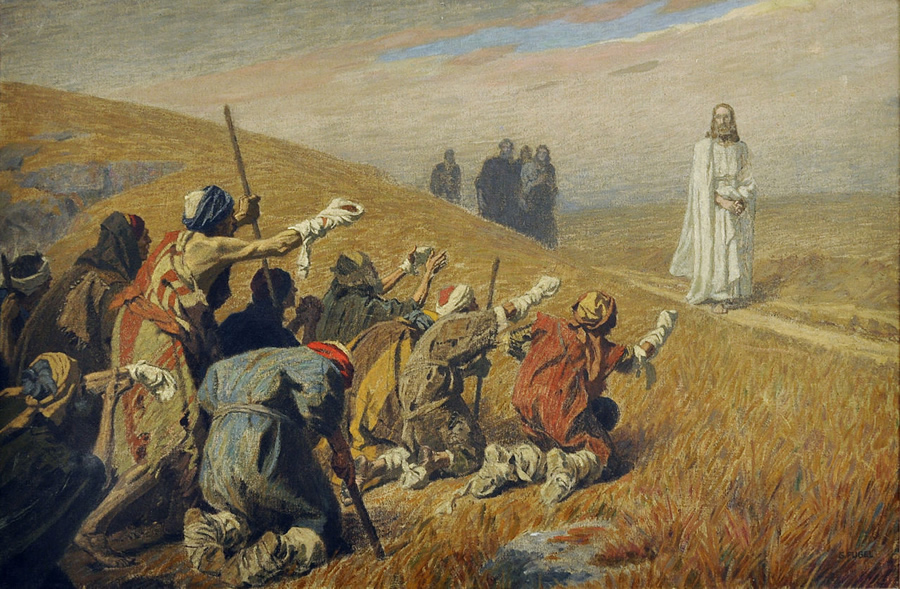
Sin and Loneliness
02-11-2024Pastoral ReflectionsColleen Jurkiewicz DormanWhen I was in high school, we read “The Metamorphosis” by Franz Kafka. It’s a depressing little novella about a man who (spoiler alert!) turns into a cockroach and dies of neglect, his family gradually ceasing to recognize the creature he has become. “Never underestimate how badly human beings need touch,” our teacher told us. “Without each other, we curl up and die.”
Our need for communion with each other is written into our biology — breathing and heart rate of newborns regulates when they lie against the skin of their mothers, and we instinctively reach out to embrace someone who has been wounded. But it is also written into our souls. Consider the early days of the pandemic, and the emotional starvation we all experienced, prevented from gathering in groups to worship, to celebrate and to mourn. And when we did encounter other people, we kept a mutual distance. “I feel like a leper,” we grumbled to our families when we returned home, because we finally understood it: the real tragedy of leprosy is not pain and disfigurement. The real tragedy of leprosy is loneliness.
“If you wish, you can make me clean,” begged the leper as he knelt before Christ (Mark 1:40). He wasn’t begging for deliverance from pain and disfigurement. He was begging for deliverance from isolation.
“If you wish, you can make me clean,” we beg God in confession, not because we are physically withering and dying but because we are so desperate to once again be held in His embrace. “Moved with pity, he stretched out his hand, touched him, and said to him, ‘I do will it. Be made clean.’” — Mark 1:41
BACK TO LIST